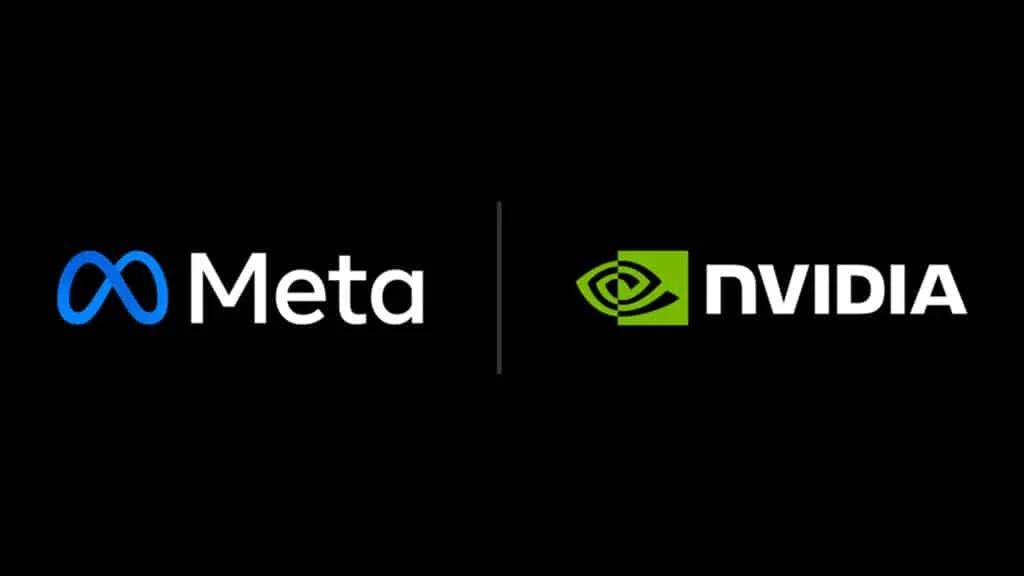The News: Salesforce announced in early April the public beta availability of Copilot for Tableau, its generative AI-powered assistant that is designed to help workers of all roles and functions explore and interact with data held in Tableau. Einstein Copilot for Tableau enables workers to conduct deep dives into their data, utilizing Tableau’s analytical engine through natural language to query and derive rich insights from data sources such as spreadsheets, cloud and on-premises data warehouses, and Salesforce Data Cloud. Copilot for Tableau is expected to be generally available to customers by summer 2024. You can read the original release from Salesforce on its website.
Salesforce Announces Public Beta of Einstein Copilot for Tableau
Analyst Take: Salesforce announced that Einstein Copilot for Tableau has now entered public beta for a limited set of customers. The generative AI assistant is designed to help make data analysis accessible to every business user through a natural language-based query interface. The assistant is capable of suggesting questions to users based on analyzing the business data and metadata, which can help to reduce the number of change requests and updates needed from data analysts.
Einstein Copilot for Tableau is built on the Einstein 1 Platform, which ensures that all interactions are governed by privacy and security measures provided by the Einstein Trust Layer, which performs functions such as masking personally identifiable information (PII), scoring outputs for toxicity, and helping to protect information from unauthorized access and data breaches through zero-data retention from Salesforce’s LLM partners.
Key Einstein Copilot for Tableau Features
Data visualization tools such as Tableau can be extremely valuable for businesses seeking to better understand data. However, even as the interfaces for these tools have evolved to become more user friendly, workers without experience working with these applications can find it challenging to quickly locate and surface key business insights.
Einstein Copilot for Tableau now includes the following features, designed to let users with varied levels of experience with data visualization tools interact with and extract insights quickly:
- Recommended Questions: Einstein Copilot for Tableau is designed to perform an automated analysis of data and can then recommend relevant questions. The goal is to enable workers who are not data analysts to interact with data more easily and extract insights without needing to contact a specialist. According to a Tableau representative, questions are generated as part of the indexing of the data, which sends a contextual summary of the customer’s data. As such, the field and values contained in the workbook will be used to generate relevant questions.
- Conversational Data Exploration: Einstein Copilot for Tableau is designed to allow users to iterate and refine their data exploration. Users are able to search for a particular insight without losing the context of their previous question. For example, a marketer could ask what campaigns are performing best and add follow-up questions about specific regions, products, and distribution channels, as if they were truly having a conversation with their data. Perhaps most interesting, each sheet in Tableau can have its own conversation thread, allowing users to multitask and iterate in an intuitive manner.
- Guided Calculation Creation: A key challenge faced by users who work with data visualization applications is learning and memorizing the syntax used to compute metrics and KPIs. Einstein Copilot for Tableau guides users through this process and can offer AI-powered guidance to parse information from a longer string field. As an example, Copilot for Tableau is able to extract specific data elements from within a single field, such as pulling out postal codes from a text field containing an entire address.
Leveraging the Power of Trusted Company Data to Improve Accuracy and Engender Trust Among Users
One of the key challenges faced by organizations seeking to deploy generative AI is ensuring that the outputs from the assistant are accurate and contextual in nature. Like other versions of Salesforce’s Copilot, Einstein Copilot for Tableau grounds its responses in business data held within Data Cloud to provide the necessary context to generate more precise and relevant outputs based on trusted company data rather than public information. This approach is critical to establishing trust in the tool to provide valid and accurate responses that are safe for business-critical tasks.
Salesforce is taking an interesting approach to rolling out generative AI, releasing Einstein Copilots for specific products types and use cases. From a user perspective, it reinforces the function-specific training that is used to ensure that these assistants are capable of addressing specific tasks and needs, which is critical to making sure that they are adopted by users and generate a return on investment quickly.
It will be interesting to see how the use of generative AI assistant technology evolves, in terms of it being packaged as a separate functionality (such as is the case with Salesforce) versus embedding the technology as a core function, which is being done by NetSuite, Intuit, and others. My sense is that vendors will continue to extract a premium license fee for certain generative AI features while they assess their cost models but may shift to a consumption-based model as the technology matures and becomes table stakes.
Disclosure: The Futurum Group is a research and advisory firm that engages or has engaged in research, analysis, and advisory services with many technology companies, including those mentioned in this article. The author does not hold any equity positions with any company mentioned in this article.
Analysis and opinions expressed herein are specific to the analyst individually and data and other information that might have been provided for validation, not those of The Futurum Group as a whole.
Other Insights from The Futurum Group:
Salesforce Announces New Innovations for Field Service Workers
Salesforce Shows Next-Gen Contact Center Innovations at Enterprise Connect 2024
Salesforce Announces Public Beta Availability of Einstein Copilot
Image Credit: Salesforce
Author Information
Keith Kirkpatrick is VP & Research Director, Enterprise Software & Digital Workflows for The Futurum Group. Keith has over 25 years of experience in research, marketing, and consulting-based fields.
He has authored in-depth reports and market forecast studies covering artificial intelligence, biometrics, data analytics, robotics, high performance computing, and quantum computing, with a specific focus on the use of these technologies within large enterprise organizations and SMBs. He has also established strong working relationships with the international technology vendor community and is a frequent speaker at industry conferences and events.
In his career as a financial and technology journalist he has written for national and trade publications, including BusinessWeek, CNBC.com, Investment Dealers’ Digest, The Red Herring, The Communications of the ACM, and Mobile Computing & Communications, among others.
He is a member of the Association of Independent Information Professionals (AIIP).
Keith holds dual Bachelor of Arts degrees in Magazine Journalism and Sociology from Syracuse University.







